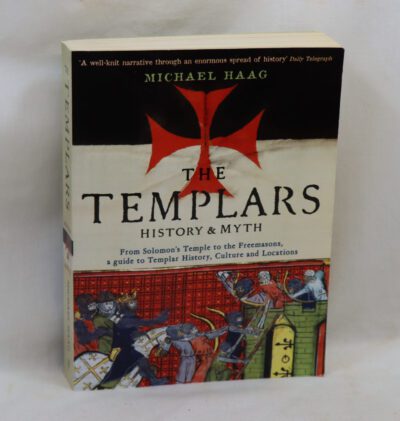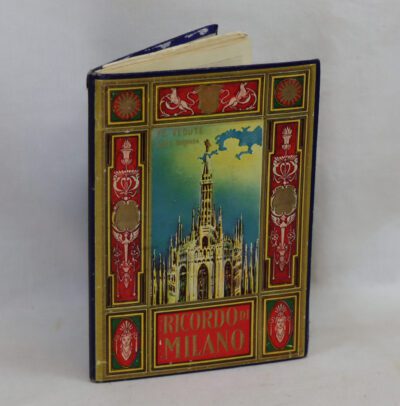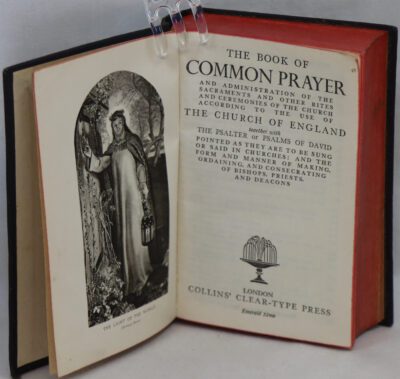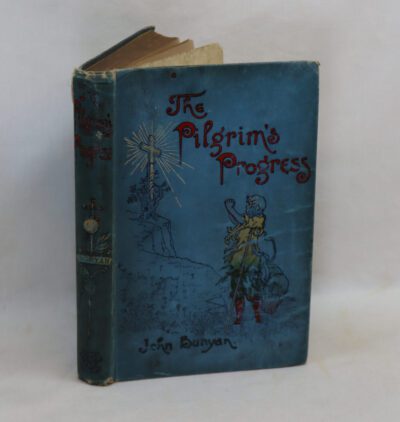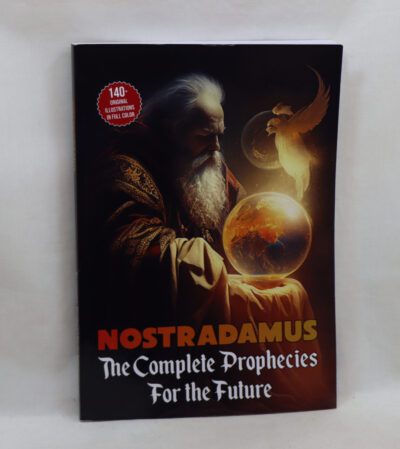Greek Religion.
By Jan N Bremmer
ISBN: 9789047432715
Printed: 1994
Publisher: Oxford University Press.
| Dimensions | 15 × 23 × 1 cm |
|---|---|
| Language |
Language: English
Size (cminches): 15 x 23 x 1
Condition: Very good (See explanation of ratings)
Item information
Description
Paperback. Grey and maroon binding with white title.
We provide an in-depth photographic presentation of this item to stimulate your feeling and touch. More traditional book descriptions are immediately available.
Please view the photographs. This is a used book which remains one of the best introductions to this subject. A must read for a civilised man!
In this brief but highly informative book Jan Bremmer presents an outline of Greek religion in the classical period. After a survey of its main characteristics, he offers a clear and innovative view of the great gods and heroes as well as their sanctuaries and also the main myths, rituals and mysteries: from Athena to Zeus, from sacrifice to the puritan Orphics, from the Indo-European roots to the influence of the ancient Near East. The approach pays attention to the sociological, anthropological and psychological aspects of Greek religion and also to the gender roles. By analyzing the often modern origin of many of the notions employed in the analysis of Greek religion, it also shows the difference between the polytheism of the Greeks and the place of religion in modern Western society. Its excellent bibliography makes this book a very useful tool for students and teachers alike.
Religious practices in ancient Greece encompassed a collection of beliefs, rituals, and mythology, in the form of both popular public religion and cult practices. The application of the modern concept of “religion” to ancient cultures has been questioned as anachronistic. The ancient Greeks did not have a word for ‘religion’ in the modern sense. Likewise, no Greek writer is known to have classified either the gods or the cult practices into separate ‘religions’. Instead, for example, Herodotus speaks of the Hellenes as having “common shrines of the gods and sacrifices, and the same kinds of customs”.
Most ancient Greeks recognized the twelve major Olympian gods and goddesses—Zeus, Hera, Poseidon, Demeter, Athena, Ares, Aphrodite, Apollo, Artemis, Hephaestus, Hermes, and either Hestia or Dionysus—although philosophies such as Stoicism and some forms of Platonism used language that seems to assume a single transcendent deity. The worship of these deities, and several others, was found across the Greek world, though they often have different epithets that distinguish aspects of the deity, and often reflect the absorption of other local deities into the pan-Hellenic scheme.
The religious practices of the Greeks extended beyond mainland Greece, to the islands and coasts of Ionia in Asia Minor, to Magna Graecia (Sicily and southern Italy), and to scattered Greek colonies in the Western Mediterranean, such as Massalia (Marseille). Early Italian religions such as the Etruscan religion were influenced by Greek religion and subsequently influenced much of the ancient Roman religion.
Want to know more about this item?

Share this Page with a friend



